In this excerpt, he discusses his favorite childhood memories of the tradition when the town was more isolated and Congo communities visited each other via boat during carnival season.
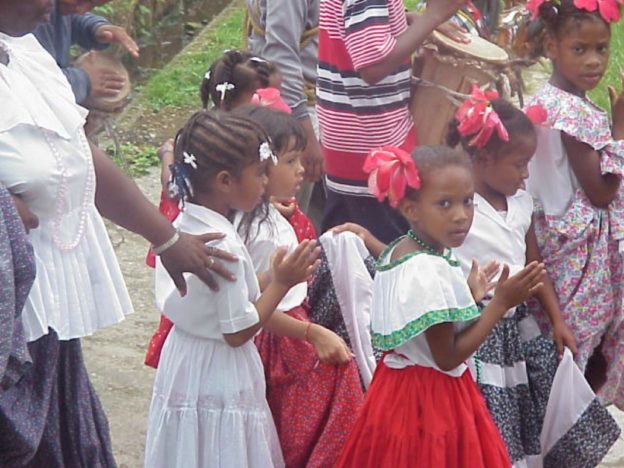


In this excerpt, he discusses his favorite childhood memories of the tradition when the town was more isolated and Congo communities visited each other via boat during carnival season.
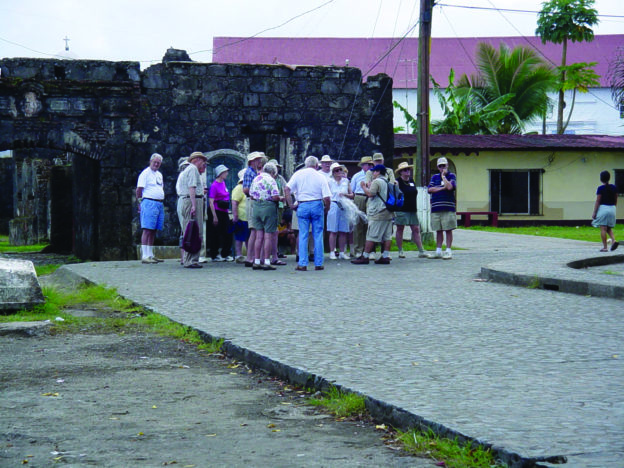
In this excerpt, Maestro Andrés discusses the impact of tourism on the tradition, including the monetization of various aspects and changes in costuming. In describing the current tradition, he references the impact of the “the road” on the town. At this point in the recording, the tape appears to have sped up causing distortion.
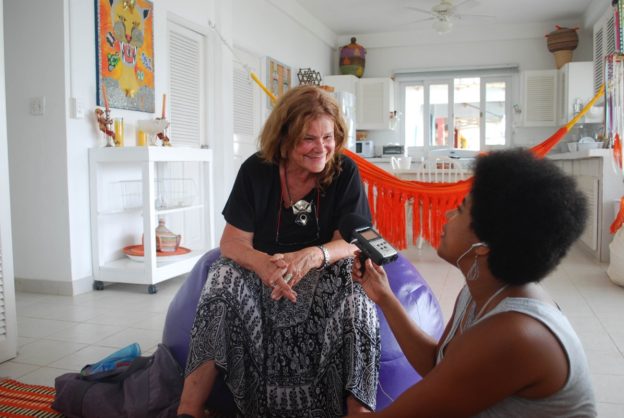
In this brief excerpt, Sandra Eleta talks about Arturo Lindsay and the founding of Taller Portobelo as a workshop for the Congo artists.
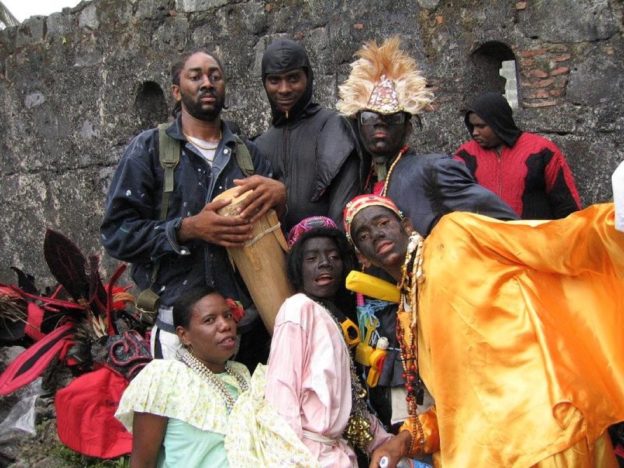
In this excerpt, Sandra Eleta discusses the development of La Casa de la Cultura Congo and her hopes that it will serve as a cultural repository.
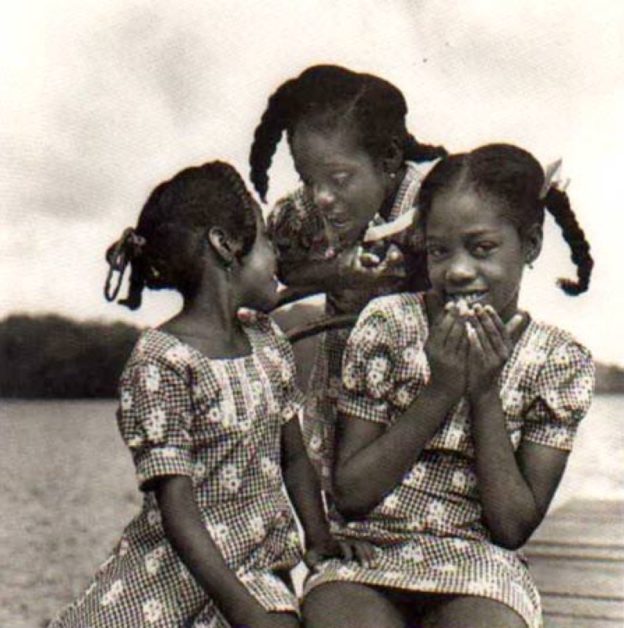
In this excerpt, Sandra Eleta shares memories of the first children and community members she chose to photograph.
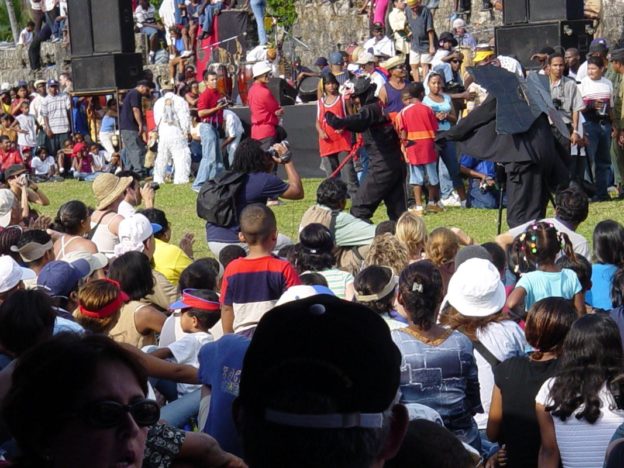
In this excerpt, Solís discusses the one-person performance that she created through her theater company to celebrate Celedonio and the Major Devil tradition of Portobelo, Panama.
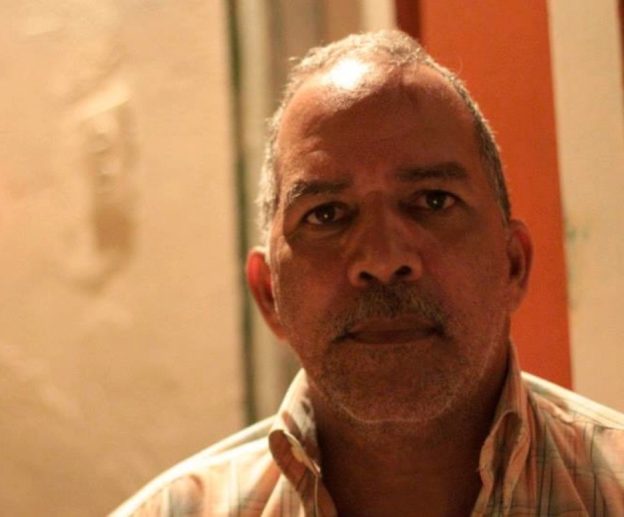
In this excerpt, Chavarría discusses how he imagines retiring as Major Devil.
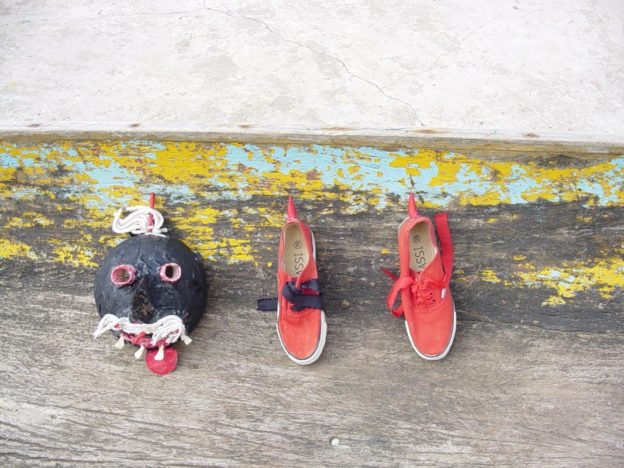
In this excerpt, Chavarría discusses his mentor Celedonio Molinar’s lasting legacy to the town and to the Congo tradition, including a charge to embrace the tradition with pride and joy.
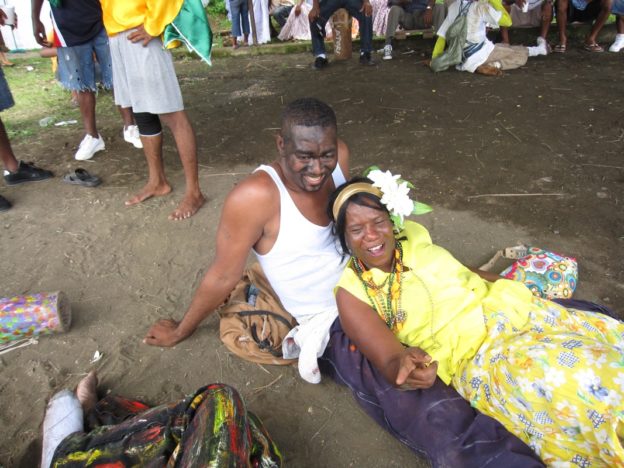
In this excerpt, Chavarría talks about the importance of the Congo tradition and Congo dance to the community’s sense of pride and self. He urges young people to maintain the power of their traditions and to stay anchored to their sense of “place” and home.
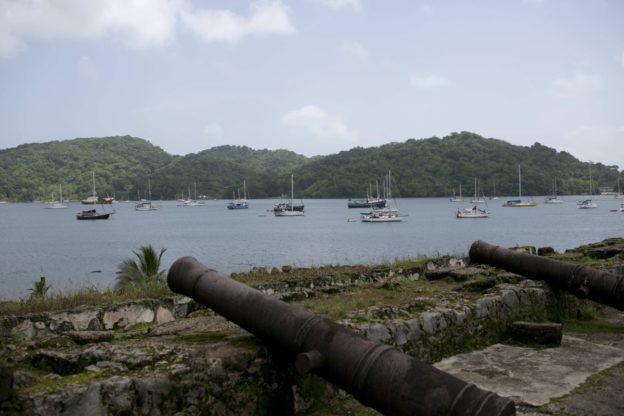
In this excerpt, Chavarría shares childhood memories about how the Congo tradition was enacted before “the road.” In the “closed” community people did not work during carnival season, pooled resources, shared food, and communed together for several days as part of their celebration.